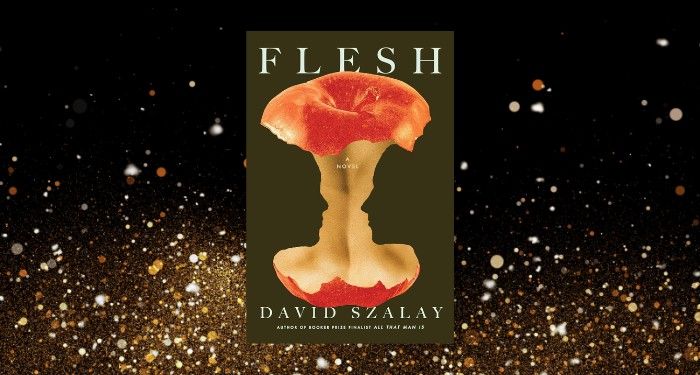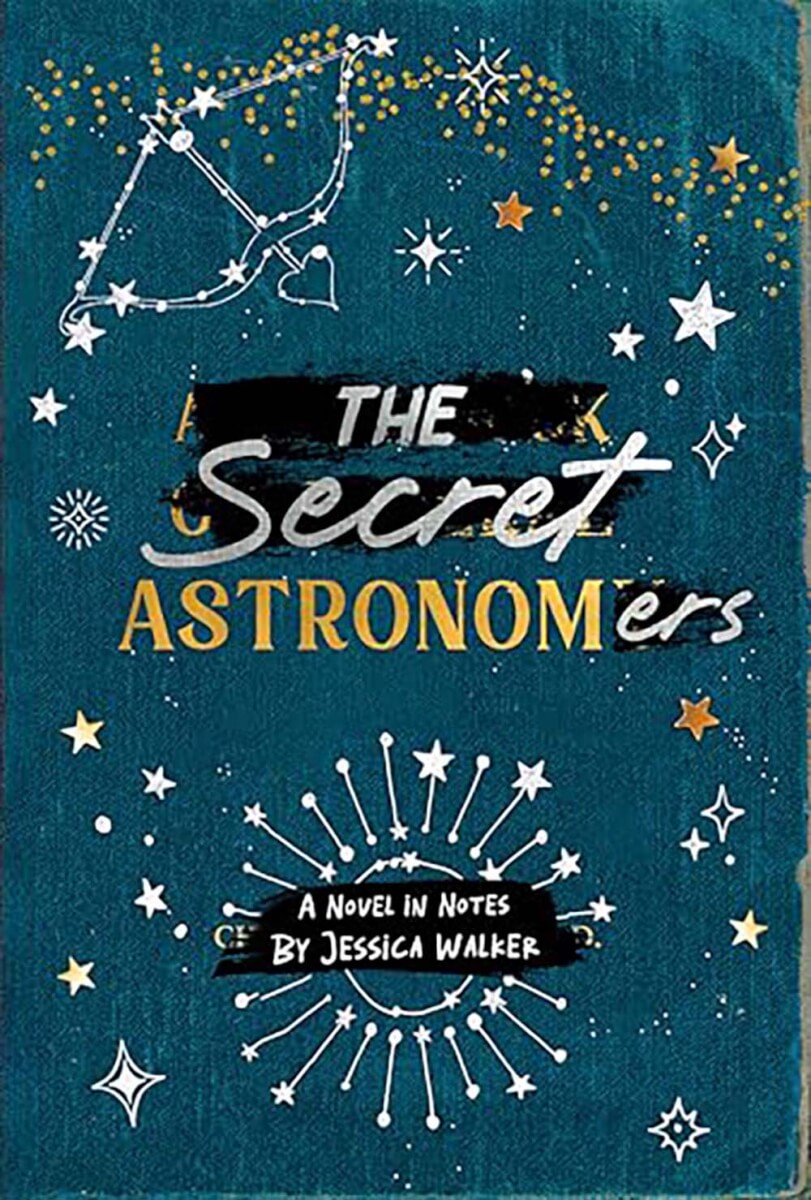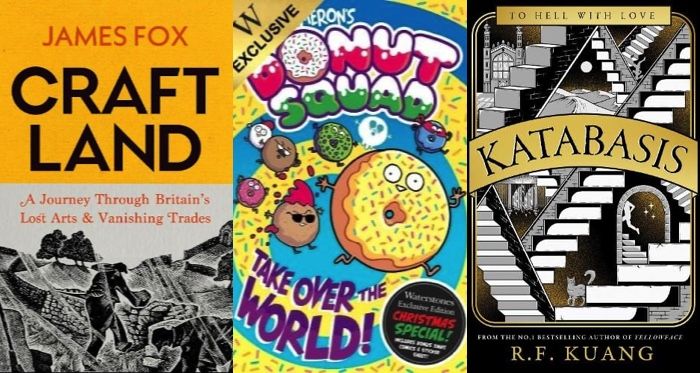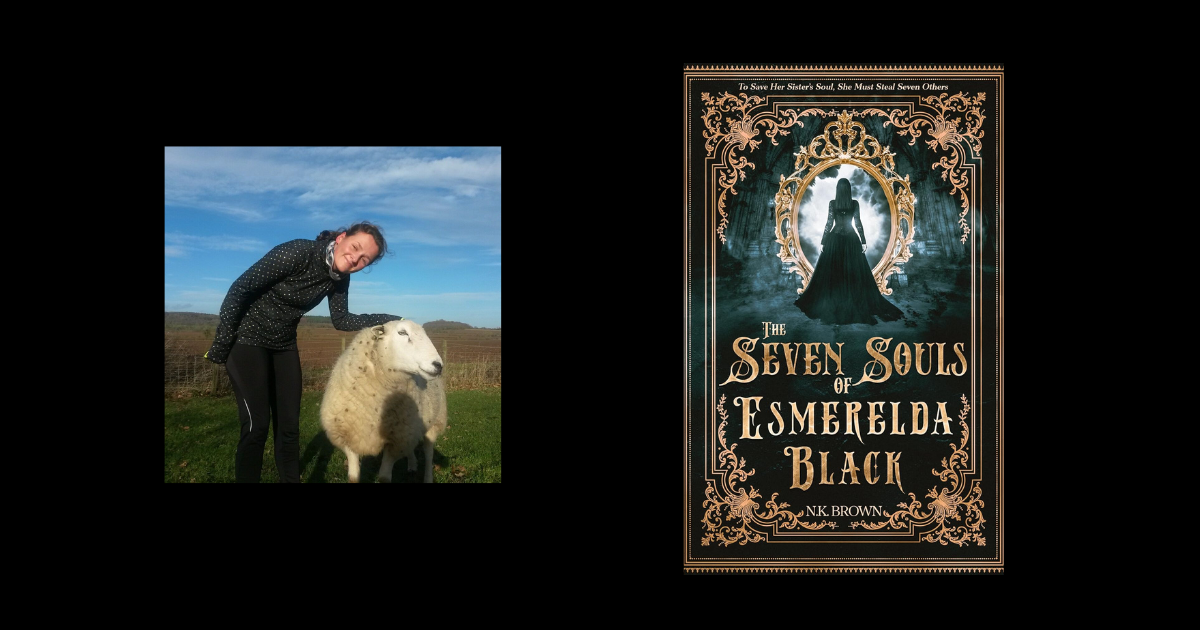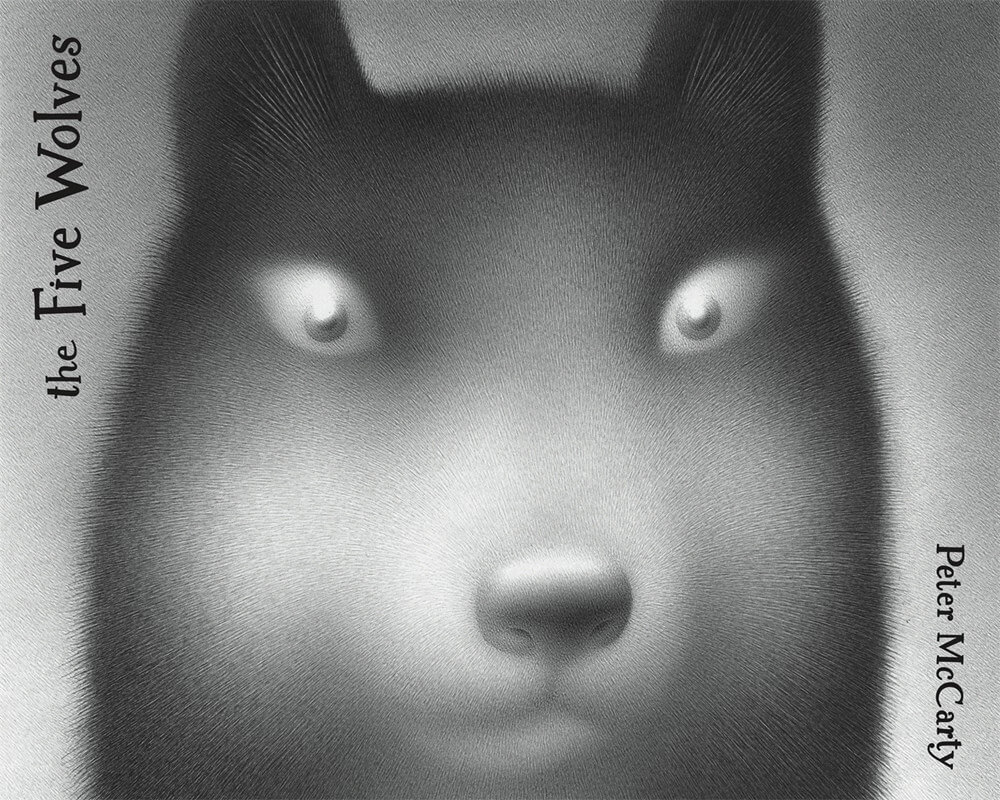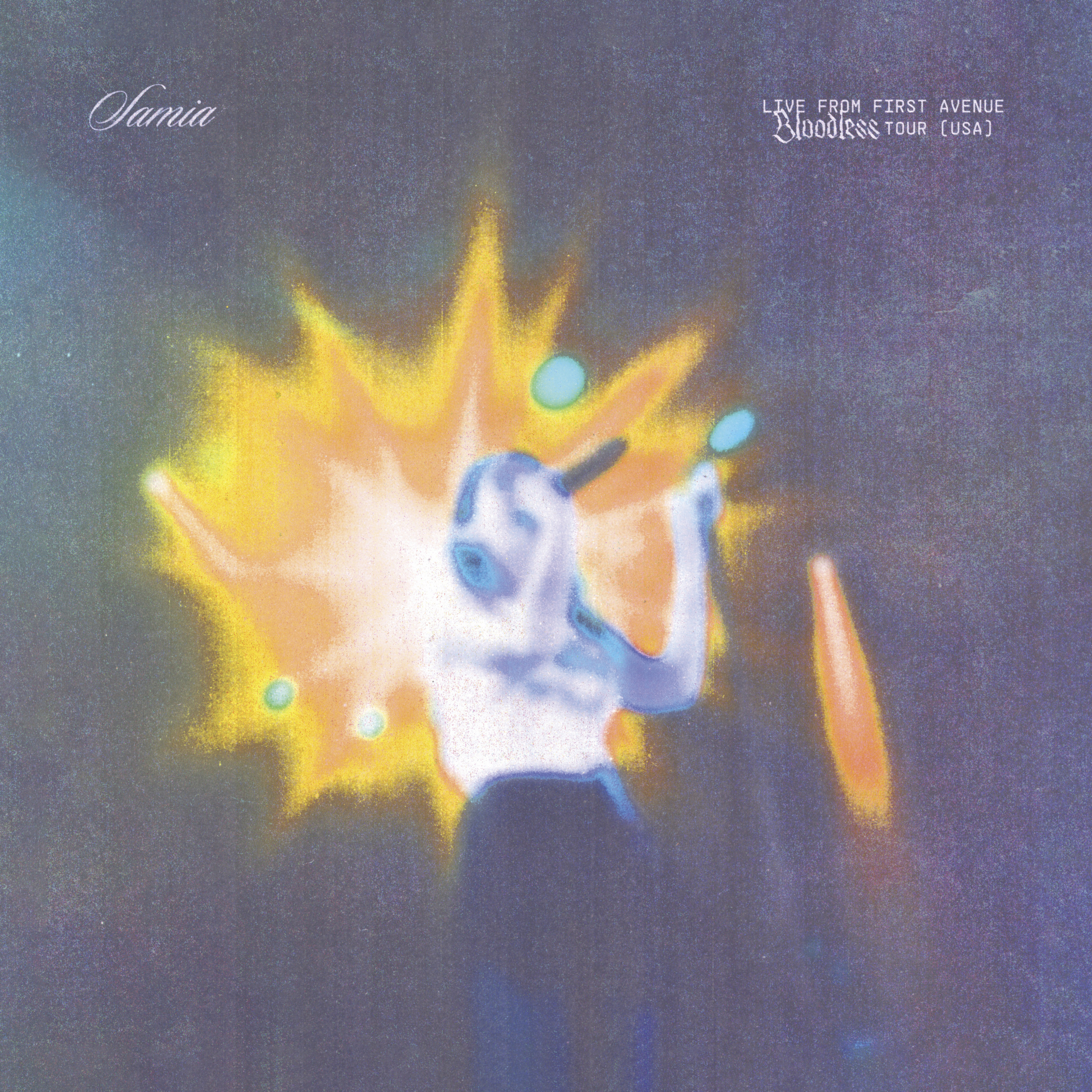Rachel Joyce’s fictional journeys have ranged across the islands of New Caledonia (Miss Benson’s Beetle) and nearly the length of England (The Unlikely Pilgrimage of Harold Fry). In her novels, Joyce thoughtfully mines the depths of both human frailty and resilience while playing with the passage of time and the pangs of memory.
The Homemade God continues to plumb these universal themes. The novel opens with a slap: the death of Vic Kemp. The larger-than-life artist father of Netta, Susan, Goose and Iris, Vic has taken his eccentricities and narcissism a few steps too far by marrying a woman decades younger than he is, while also teasing his four children with the prospect of a new painting, his long-awaited masterpiece. His recent bizarre behavior has the motherless siblings banding together in a pact not to be dragged into their daddy’s drama. Then they suddenly receive the terrible news that he has drowned in an Italian lake where they once spent summers together as a family. His new wife, Bella-Mae, was the only one present with Vic at their timeworn villa when it happened.
Much like how the use of perspective in a painting affects the viewer’s interpretation, so too does the particular slant each family member has on their father affect their search for the truth. Is Bella-Mae a suspicious black widow or just a young, scared barely-wife? What happened that misty morning to cause their father, an excellent swimmer, to drown? Was Vic helpless or a victim of his own arrogance? These questions and all the other unanswered ones from their shared past drive the Kemp siblings to visit the site of their father’s death.
Though there’s a mystery at its heart, The Homemade God is more focused on excavating all that these four adult children thought they knew. In their father’s wake, they become unmoored. Joyce wields her descriptions and impressions like an artist wields paint—to shade or highlight, to capture or obscure. All is eventually exposed, but with a twist. A perceptive writer, Joyce’s wit and wordplay are fully deployed, too, creating characters that entertain as they evolve. The Kemps laugh and cry, fight and scream together, for better or worse.

